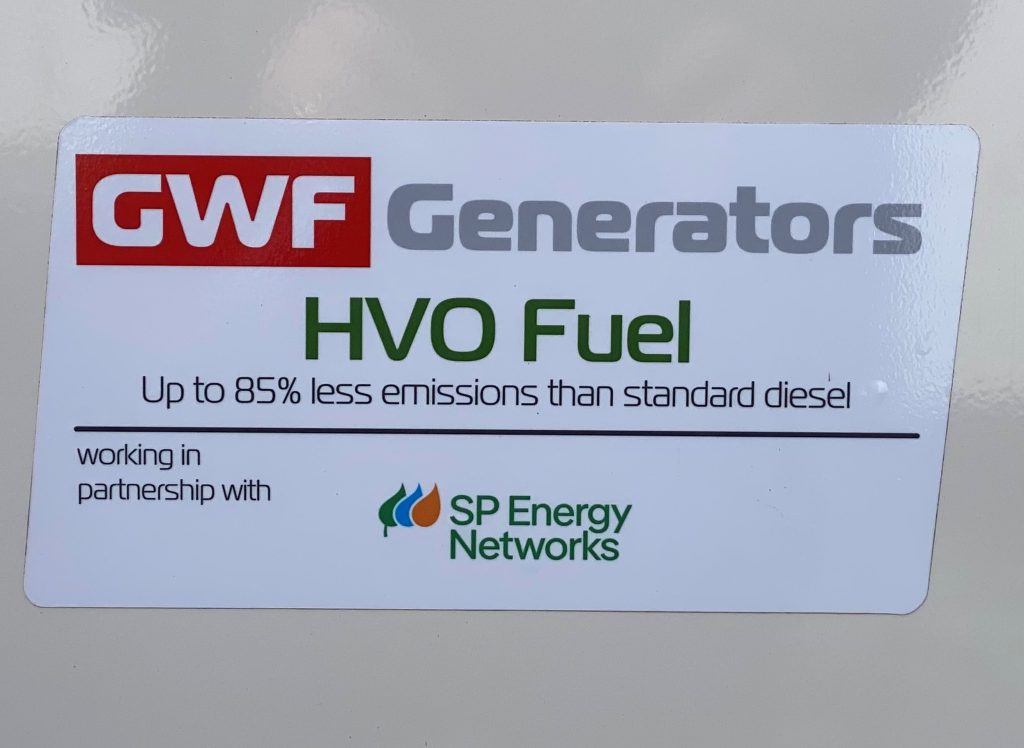In the quest for sustainable energy solutions, the focus often falls on renewable sources like solar and wind power. However, there’s another avenue worth exploring, particularly in the realm of generators: HVO (Hydrotreated Vegetable Oil) fuel. As the world grapples with environmental concerns and seeks cleaner alternatives, HVO fuel emerges as a promising option for powering generators. Let’s delve into why embracing HVO fuel in generators can be a game-changer in enhancing efficiency and reducing carbon footprint.
Understanding HVO Fuel
HVO fuel, derived from renewable sources such as vegetable oils and animal fats, undergoes a process called hydrotreatment. This process removes impurities and converts the feedstock into a high-quality, drop-in diesel alternative. Unlike conventional biodiesel, HVO fuel boasts superior properties, including better cold-weather performance, higher energy density, and compatibility with existing diesel engines and infrastructure.
Efficiency and Performance
One of the key advantages of HVO fuel lies in its ability to enhance the efficiency and performance of generators. Its cleaner combustion characteristics result in fewer deposits and reduced engine wear, leading to smoother operation and longer maintenance intervals. By optimizing combustion, HVO fuel helps generators operate at peak efficiency, translating into cost savings and improved reliability over the long term.
Environmental Benefits
In an era where environmental sustainability is paramount, HVO fuel stands out as an eco-friendly alternative to conventional diesel. By virtue of its renewable origins and cleaner combustion, HVO fuel significantly reduces greenhouse gas emissions, particulate matter, and other harmful pollutants. Switching to HVO fuel in generators aligns with sustainability goals, contributing to cleaner air quality and mitigating the impact of fossil fuel consumption on the environment.
Versatility and Compatibility
Another compelling aspect of HVO fuel is its compatibility with existing diesel engines and infrastructure. Unlike some alternative fuels that require engine modifications or specialized equipment, HVO fuel can be seamlessly integrated into conventional diesel engines without any retrofitting. This makes it an attractive option for businesses and industries looking to transition to greener energy solutions without significant investment or disruption to operations.
Future-Proofing Energy Solutions
As the world transitions towards a low-carbon future, the importance of adopting sustainable energy solutions cannot be overstated. HVO fuel represents a significant step forward in this journey, offering a viable pathway to decarbonize the power generation sector. By embracing HVO fuel in generators, businesses, communities, and industries can future-proof their energy infrastructure, reduce their carbon footprint, and contribute to a more sustainable planet.
Conclusion
In the pursuit of cleaner and more efficient energy solutions, HVO fuel emerges as a beacon of hope. Its renewable nature, superior performance, and environmental benefits make it a compelling choice for powering generators and reducing reliance on traditional fossil fuels. By embracing HVO fuel, we not only unlock efficiency and reliability but also pave the way for a greener and more sustainable future. Let’s harness the power of HVO fuel to drive positive change and build a world where energy meets sustainability head-on.
Contact Us – GWF Generators (gwfenergy.co.uk)


